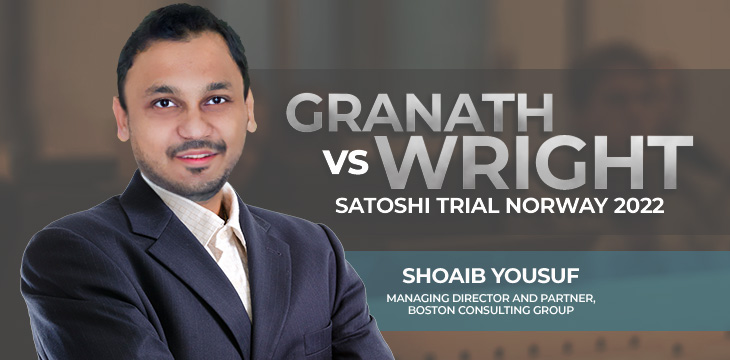Friend and former colleague Shoaib Yousuf sheds some light on Dr. Craig Wright’s research activities and tells of his reaction when he found out Wright had created Bitcoin.
Click here to read the full article.
Recommended for you
Morphic Financial Group's WEB3 Holding B.V. secures MiCA license, enabling digital asset operations across the EU and boosting regulatory confidence.
February 18, 2026
A new report sheds light on Malaysia's flourishing digital economy, showing a growing number of citizens using electronic payments for...
February 18, 2026

 02-18-2026
02-18-2026 




